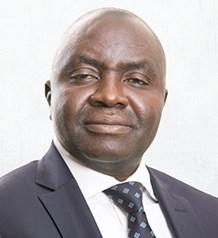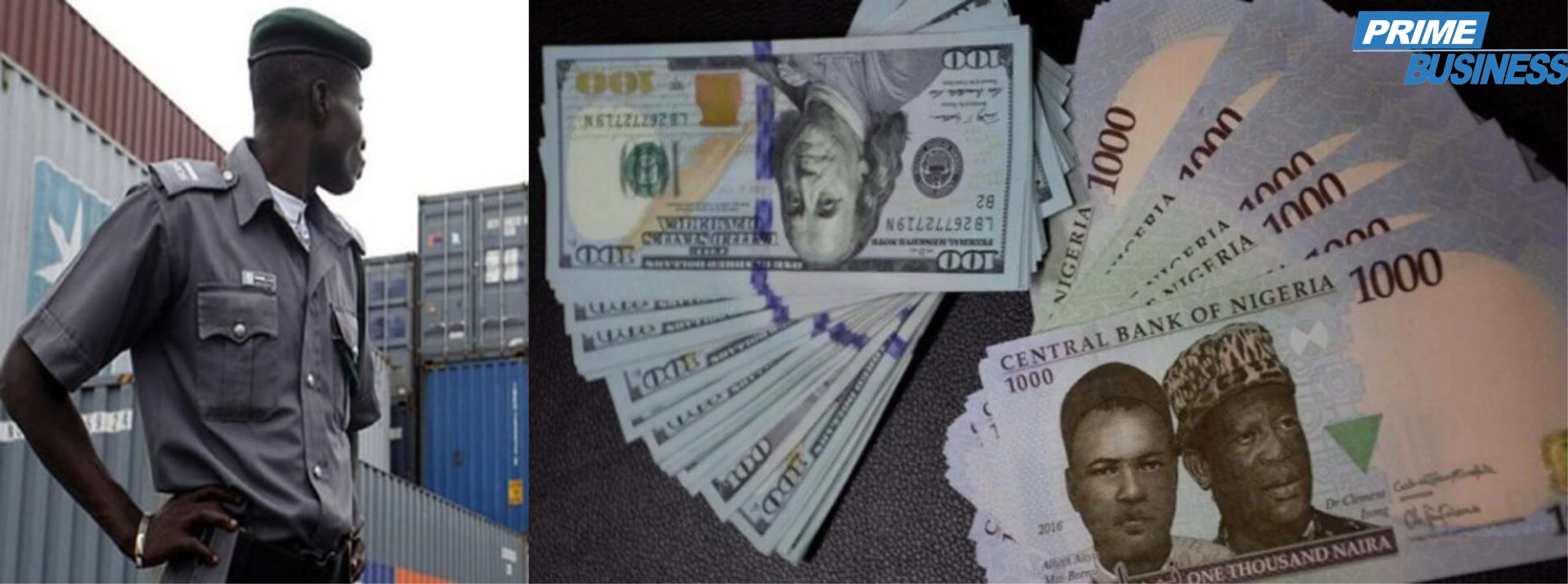Centre for the Promotion of Private Enterprise (CPPE), has expressed concern about challenges posed by prohibitive and volatile Customs exchange rate for cargo clearance in Nigeria.
The Centre stated that the high and unpredictable Customs duty has a grave negative impact on the economy.
Join our WhatsApp ChannelIn a statement, CPPE Chief Executive Officer, Dr Muda Yusuf, observed that the current Customs duty regime is exacerbating the already high inflation, increasing production and operating costs for manufacturers and other businesses, and generally worsening the cost-of-living crisis in the country.
Yusuf also expressed worry that the development is putting investments and jobs in the maritime sector at risk and weakening investors’ confidence in the economy.
According to him, the situation could also lead to diversion of cargoes to neigbouring countries and smuggling which could affect the revenue target of the Nigeria Customs Service.
In a recent interview with Prime Business Africa, freight forwarding agent and President of The Patriots Anti-corruption Initiative (T-PACI), Comrade Chigozie Ibe corroborated this saying the unstable and high import duty collected by Nigeria Customs has started scaring away importers from Nigerian ports.
“This situation additionally creates serious competitiveness challenges for ethical and compliant investors in the economy because of their relatively elevated production and operating costs,” Yusuf further warned.
READ ALSO: Economy: Don’t Suffocate Businesses, CPPE Warns Regulatory Agencies
He called on the Federal Government to urgently address the problem by reviewing the Customs duty exchange policy to sync with the trade policy.
He reiterated earlier call by the Centre for the Presidency to issue an Executive Order fixing the Customs exchange rate for import duty assessment at N1,000/$ for at least six months in the first instance.
Yusuf stressed that the measure he suggested “resonates with the current federal government’s commitment to alleviating the current hardships on the citizens and the burden on businesses.”

He noted that the Presidential Committee on Fiscal Policy and Tax Reforms and Organised private Sector (OPS) had equally made similar recommendation, considering the impact of the unstable rates in the trade sector and the economy generally.
Prime Business Africa reports that the Central Bank of Nigeria (CBN) has been adjusting the Customs exchange rate for import duty assessment in line with the official foreign exchange rate (FX) since June 2023 following the federal government FX reforms.
The Customs FX rate has continued to fluctuate.
Prime Business Africa’s checks on the Nigeria Trade Portal on Monday, 19 August reveals that the Customs Duty rate is N1578.3/$. It had once surged past N1,800 per dollar.
The CPPE CEO clarified that the proposal is not against the ongoing foreign exchange reforms of the current administration. “Contrary to concerns expressed in some quarters, the adoption of lower exchange rate for computation of customs duty would not undermine the current foreign exchange reforms,” he insisted, adding that “It is not a request for a concessionary exchange rate for forex allocation. We are dealing with two separate issues here. One is about foreign exchange policy, the other is purely a trade policy matter.”
While highlighting the complexities in managing the Customs duty rate under the system, the economic expert pointed out that the responsibility of the CBN should end at the point of opening of Form M for importers within the context of extant foreign exchange policy. “All other matters relating to international trade should be within the remit of the Federal Ministry of Finance and the Federal Ministry of Trade and Investment,” he said, maintaining that “these institutions have statutory responsible for managing trade policy issues.
“The determination of the customs duty exchange rate by the CBN is an intrusion into trade policy space which needs to be urgently corrected,” Yusuf asserted, adding that it is necessary to align the rates with the extant trade policy direction of government and “remove the current avoidable uncertainty around international trade.”
He urged the government to localize and adapt economic models that can help tackle the country’s peculiar economic problems.
President of the Manufacturers Association of Nigeria, Otunba Francis Meshioye, lamented that the unstable rate for import duties affects manufacturers who import raw materials for production.
Meshioye, who spoke in an interview with Arise News TV, said formerly they used to pay duties based on FMDQ rates at the time they declare goods being imported, but today it has changed. He also urged the federal government to adopt a fixed rate that would be reviewed periodically to enable them make effective plan in advance and be more strategic in business.
Victor Ezeja is a passionate journalist with seven years of experience writing on economy, politics and energy. He holds a Master's degree in Mass Communication.




















Follow Us